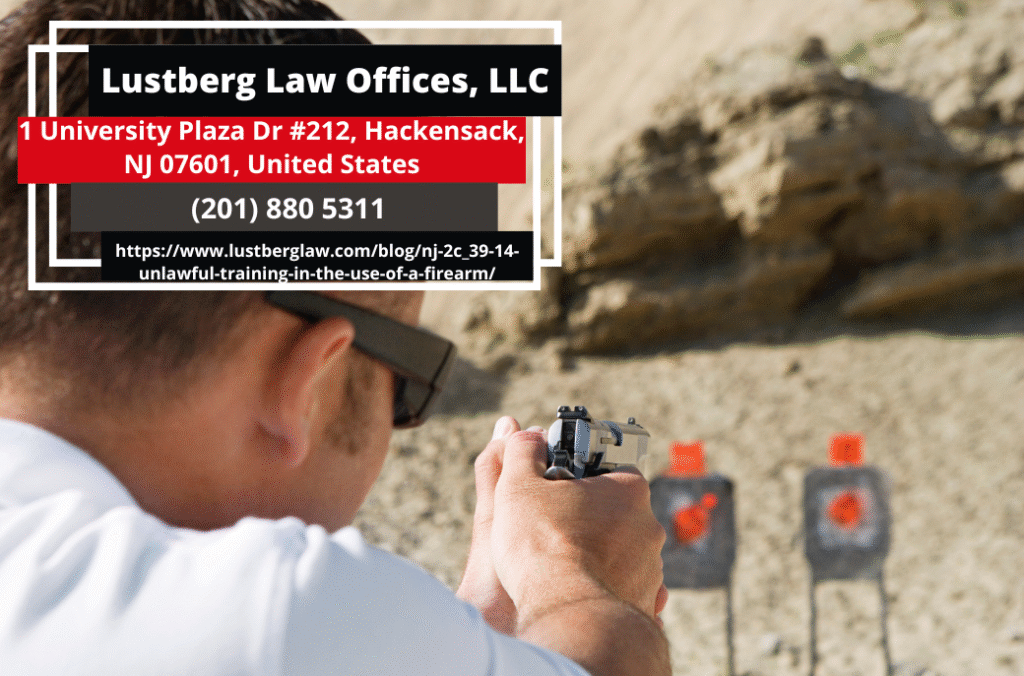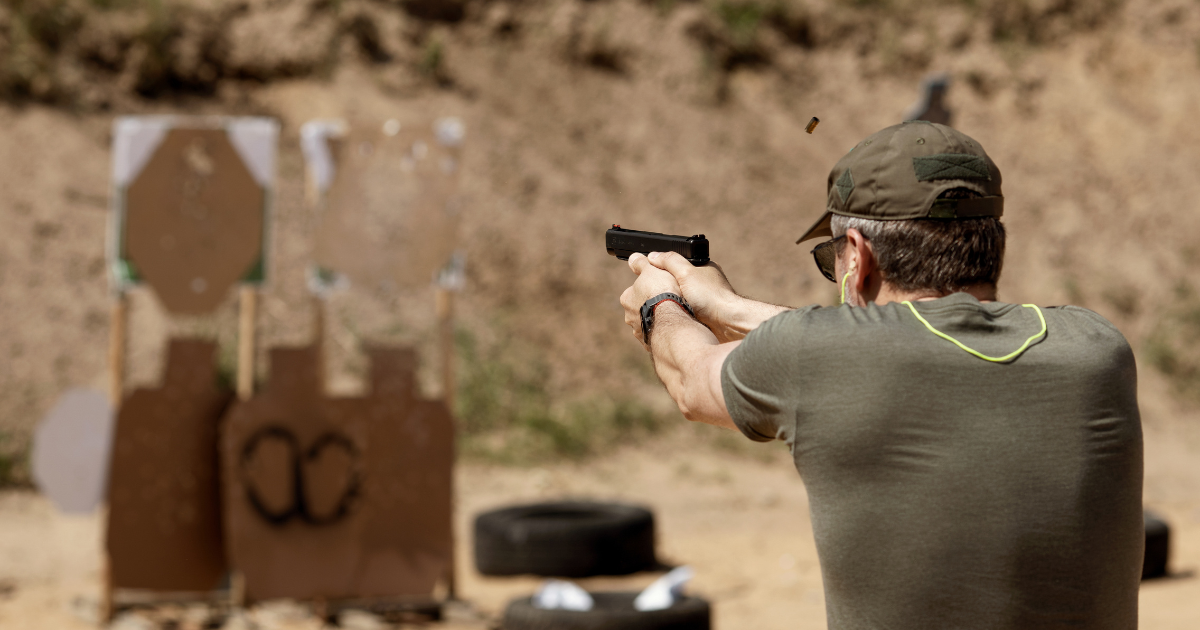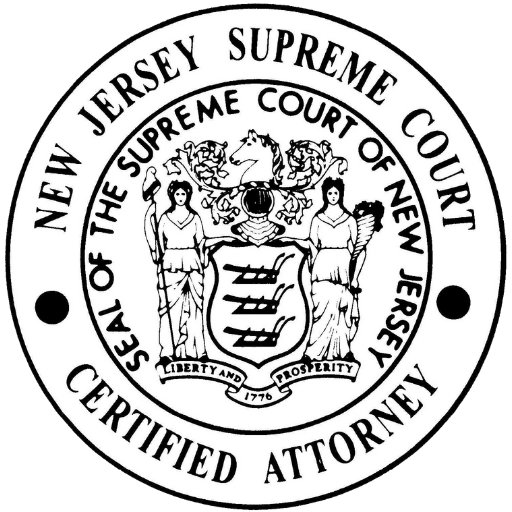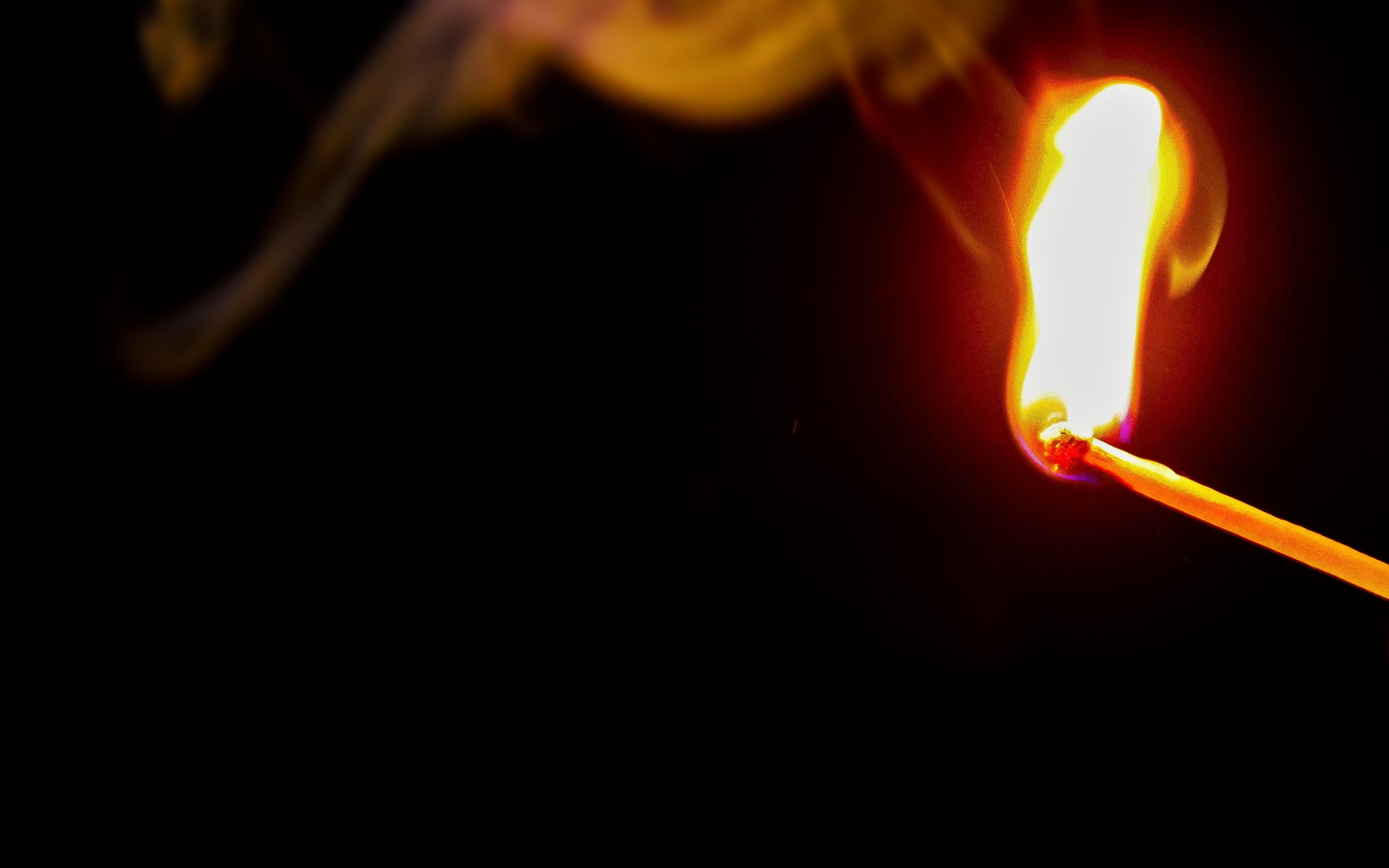New Jersey takes gun-related offenses seriously, especially when they involve preparation or instruction for criminal activity. One of the state’s lesser-known but powerful statutes is N.J.S.A. 2C:39-14, which addresses unlawful training in the use of a firearm. This law targets people who teach, demonstrate, or assemble with others to prepare for illegal acts involving weapons. Even if no crime has occurred yet, providing instruction or practicing with firearms for unlawful purposes can result in severe second-degree charges under this statute.
If you or someone you know is facing charges under N.J.S.A. 2C:39-14 or any other New Jersey gun crime law, it’s crucial to seek legal help immediately. A conviction can lead to years in prison, high fines, and a permanent criminal record. The experienced New Jersey gun crime lawyers at Lustberg Law Offices, LLC, are ready to protect your rights and develop a strong defense. Call (201) 880-5311 today for a confidential consultation.
What Is N.J.S.A. 2C:39-14? Unlawful Firearm Training Law Explained
N.J.S.A. 2C:39-14 is New Jersey’s statute that prohibits unlawful firearms training, specifically targeting individuals who provide or participate in training with the intent to further criminal activity.
The legislative intent of N.J.S.A. 2C:39-14 is to prevent the formation and operation of private groups preparing for violent or terroristic acts. Enacted in 1983 and amended in 1988, the law aligns with New Jersey’s broader policy of subordinating military power to civilian government. This statute helps fill gaps that general conspiracy laws may not cover, particularly those involving organized training or planning of future crimes..
Teaching or Demonstrating for Criminal Purposes
Under this law, it is a second-degree crime to knowingly or intentionally instruct someone in the use or construction of firearms, explosives, or other dangerous devices if the purpose is to support or further illegal activity. This includes teaching someone how to make a bomb or use a gun if you know or expect they will use that knowledge to commit a crime. It doesn’t matter if the criminal act hasn’t happened yet. The knowledge or intent to assist in wrongdoing is enough for prosecution.
Group Training or Drilling for Unlawful Use
It is also a second-degree crime to assemble with others to train or practice using weapons or destructive techniques with the intention of employing them in a criminal act. This part of the law targets group sessions that resemble paramilitary or gang training exercises: private militias or violent extremist cells, for example. The focus here is on the collective intent and preparation for unlawful violence.
What Is Not Prohibited by N.J.S.A. 2C:39-14
Lawful firearms instruction is not criminalized under this law. Gun safety courses, self-defense training, martial arts classes, and recreational shooting at ranges remain perfectly legal, provided they are not given with the intent or knowledge that the information will be used for illegal purposes. The law specifically requires that the person teaching or participating in training either knows or intends that the training will support a crime. This intent requirement protects lawful gun owners, hobbyists, and certified instructors. For instance, teaching a friend to shoot for sport or training a homeowner in firearm safety through a legitimate course is fully legal. On the other hand, teaching someone how to build a weapon for use in a robbery would violate the statute.

Penalties for Violating NJ 2C:39-14
Violating New Jersey’s law on unlawful firearms training, under N.J.S.A. 2C:39-14, is treated as a serious offense with severe penalties. The law targets those who train others in the use of firearms or dangerous techniques for illegal purposes, and New Jersey enforces these cases aggressively under both general sentencing laws and the Graves Act.
Second-Degree Felony; Harsh Sentencing Guidelines
This offense is classified as a second-degree crime, among the most serious charges short of first-degree felonies and murder. A conviction carries:
- 5 to 10 years in New Jersey state prison
- Up to $150,000 in criminal fines
- A presumption of incarceration, meaning first-time offenders are still likely to receive prison time
- Limited judicial discretion for non-custodial or probationary sentencing
Second-degree crimes in New Jersey reflect the state’s heightened concern about offenses that endanger public safety, especially those involving weapons or organized activity.
Graves Act: Mandatory Minimum Prison Terms
Since unlawful firearms training involves weapons and potentially violent conduct, it falls under the Graves Act, New Jersey’s strict firearm sentencing statute. As a result, a conviction will typically include:
- Mandatory minimum parole ineligibility, often:
- One-third to one-half of the full sentence, or
- At least 3 years, whichever is greater
- No early parole eligibility, even for non-violent first offenses
- Restricted bail or pretrial release makes it harder for defendants to remain free while awaiting trial.
The Graves Act removes many sentencing alternatives and requires judges to impose firm penalties once a conviction occurs.
Criminal Record and Long-Term Consequences
A conviction results in a felony criminal record, which can have a lasting impact well beyond serving time. The individual will lose their right to legally own firearms and may face serious challenges securing employment, especially in roles that involve security, government clearance, or public trust. This conviction can also affect professional licensing, housing applications, and educational opportunities.
For non-citizens, the implications are even more severe. This offense may be classified as a “crime of violence” aggravated felony under U.S. immigration law, potentially triggering deportation or making the individual ineligible for certain forms of relief, such as asylum or cancellation of removal.
How 2C:39-14 Differs from Other New Jersey Gun Laws
New Jersey’s weapons laws cover many different offenses, and 2C:39-14 is often confused with others. But this statute targets a specific kind of conduct—training others for unlawful purposes. Here’s how it differs from similar laws.
Vs. Possession of a Weapon for Unlawful Purpose (N.J.S.A. 2C:39-4)
2C:39-4 involves having a weapon with the intent to use it in a crime. It applies when someone is caught carrying a weapon believed to be for a criminal act. In contrast, 2C:39-14 targets the act of teaching or preparing someone else to use a weapon illegally. The person charged under 2C:39-14 may never have carried the weapon in public. While both can be second-degree crimes, 2C:39-14 is always second-degree, even if no weapon is involved in an actual crime.
Vs. Unlawful Possession of Weapons (N.J.S.A. 2C:39-5)
This law makes it illegal to have certain weapons without the required permits. It focuses on possession and licensing, not how or why the weapon is used. 2C:39-14 is about intent and instruction. Someone could lawfully own a firearm and still violate 2C:39-14 by using it to train someone for a crime. The two laws can apply at the same time if both illegal possession and unlawful training occurred.
Vs. Leader of a Firearms Trafficking Network (N.J.S.A. 2C:39-16)
2C:39-16 targets organized gun sales and distribution for profit. It’s a first-degree crime meant for traffickers and ring leaders. 2C:39-14 is not about selling firearms but about instructing others to use them for criminal purposes. There doesn’t need to be any money involved. A person could violate 2C:39-14 without trafficking or making a profit.
| Statute | Primary Focus | Crime Degree |
|---|---|---|
| 2C:39-14 Unlawful Weapons Training |
Teaching or demonstrating weapon use for illegal purposes | Always 2nd degree |
| 2C:39-4 Possession for Unlawful Purpose |
Having a weapon with intent to use it in a crime | 2nd to 4th degree, depending on the weapon |
| 2C:39-5 Unlawful Possession |
Possessing weapons without proper permits | 2nd to 4th degree, depending on the weapon |
| 2C:39-16 Firearms Trafficking Leader |
Leading an organized illegal gun distribution ring | Always 1st degree |
Defense Strategies for Unlawful Firearm Training Charges
A charge under N.J.S.A. 2C:39-14 carries serious weight. Not only is it a second-degree offense punishable by prison and steep fines, but it also carries the stigma of being linked to “paramilitary” or extremist behavior. However, the law’s specific language opens the door to several viable defense strategies. An experienced gun crime attorney can challenge the prosecution’s evidence, intent theories, or even the constitutional foundation of the charge.
Challenging the Intent Element
One of the core elements the prosecution must prove is that the defendant knew or intended the training or instruction would be used to commit a crime. This is often the most difficult part of the case for the state to prove. A defense may assert that the defendant was unaware of any unlawful plan.
For example, someone running a firearms or survival training course may believe the students were interested in lawful self-defense, not in criminal activity. If the state cannot prove beyond a reasonable doubt that the defendant foresaw or supported illegal use, the charge may not hold. A defense team would closely examine all communication records, witness statements, and contextual facts to highlight the absence of criminal intent or knowledge.
Lack of Actual Instruction or Assembly
Another possible defense is to question whether the alleged conduct legally qualifies as “instruction” or “training.” Simply being present at a gathering or speaking about weapons does not automatically meet the statutory threshold. A defendant may have been at an event where others had weapons, but without conducting or participating in a formal instruction. In some cases, gatherings may be misinterpreted, such as friends legally camping or shooting for sport. If the prosecution cannot show that actual training took place with the purpose of preparing for a crime, then the statute may not apply.
First Amendment or Freedom of Association Defenses
Some defendants have raised constitutional challenges, arguing that laws like 2C:39-14 violate free speech or the right to assemble. Courts have generally upheld such statutes, finding that neither the First nor Second Amendment protects private paramilitary activity or training intended for unlawful acts.
However, an experienced gun charge attorney can argue that protected speech is being wrongfully criminalized, such as when a person discusses theoretical or historical weapons knowledge without inciting illegal action. While difficult, these arguments can help draw a clear line between protected expression and prohibited conduct, guarding against prosecutorial overreach.
Entrapment or Law Enforcement Misconduct
Unlawful firearms training charges often result from undercover investigations or surveillance, especially where authorities suspect extremist or organized criminal activity. If police or government informants initiated the idea of training or pushed the defendant into participating, an entrapment defense may apply. The key factor is whether the defendant was predisposed to commit the crime or if law enforcement planted the idea. Similarly, if there were procedural violations, such as warrantless surveillance or illegal searches, a defense team can file motions to suppress evidence and challenge the lawfulness of the investigation itself.
Negotiation and Charge Reduction
Because second-degree charges carry mandatory prison exposure, defense attorneys often pursue negotiated outcomes when legal defenses are uncertain. If the prosecution’s evidence of intent is weak, it may be possible to negotiate a reduction to a third-degree offense or a lesser weapons charge. This significantly lowers the sentencing range and may open the door to probation instead of prison. In rare cases, a defendant may be eligible for Pre-Trial Intervention (PTI), especially if the training never led to any actual harm or if the defendant has no prior record. While PTI is uncommon for second-degree charges, strong mitigation can sometimes persuade prosecutors to consider diversion.
Experienced Legal Help from Lustberg Law Offices, LLC
Especially with the risk of prison time, a felony record, and long-term consequences, facing a charge under N.J.S.A. 2C:39-14 can severely impact a defendant’s life. This law is aggressively prosecuted, and even lawful gun owners can find themselves in legal trouble if training is misinterpreted as unlawful instruction.
At Lustberg Law Offices, LLC, we understand New Jersey’s weapons laws and how to challenge serious firearm-related charges. Our team works diligently to examine every detail of the case, protect your rights, and pursue the best possible outcome. If you’re being investigated or charged with unlawful firearm training or any gun-related offense, call us today at (201) 880-5311 for dedicated representation.






